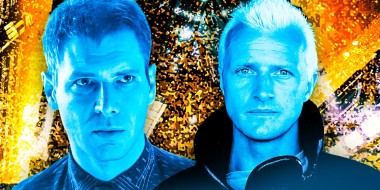10 Harsh Realities Of Rewatching Blade Runner, 42 Years Later angielski
Blade Runner's slow pace may be contemplative, but feels boring on rewatch in a faster-paced movie era.
Harrison Ford's Rick Deckard lacks complexity, making the protagonist unlikable compared to the villain.
Blade Runner's heavy focus on stunning visuals and effects overshadows its lack of depth in storytelling and characters.


Dodaj komentarz